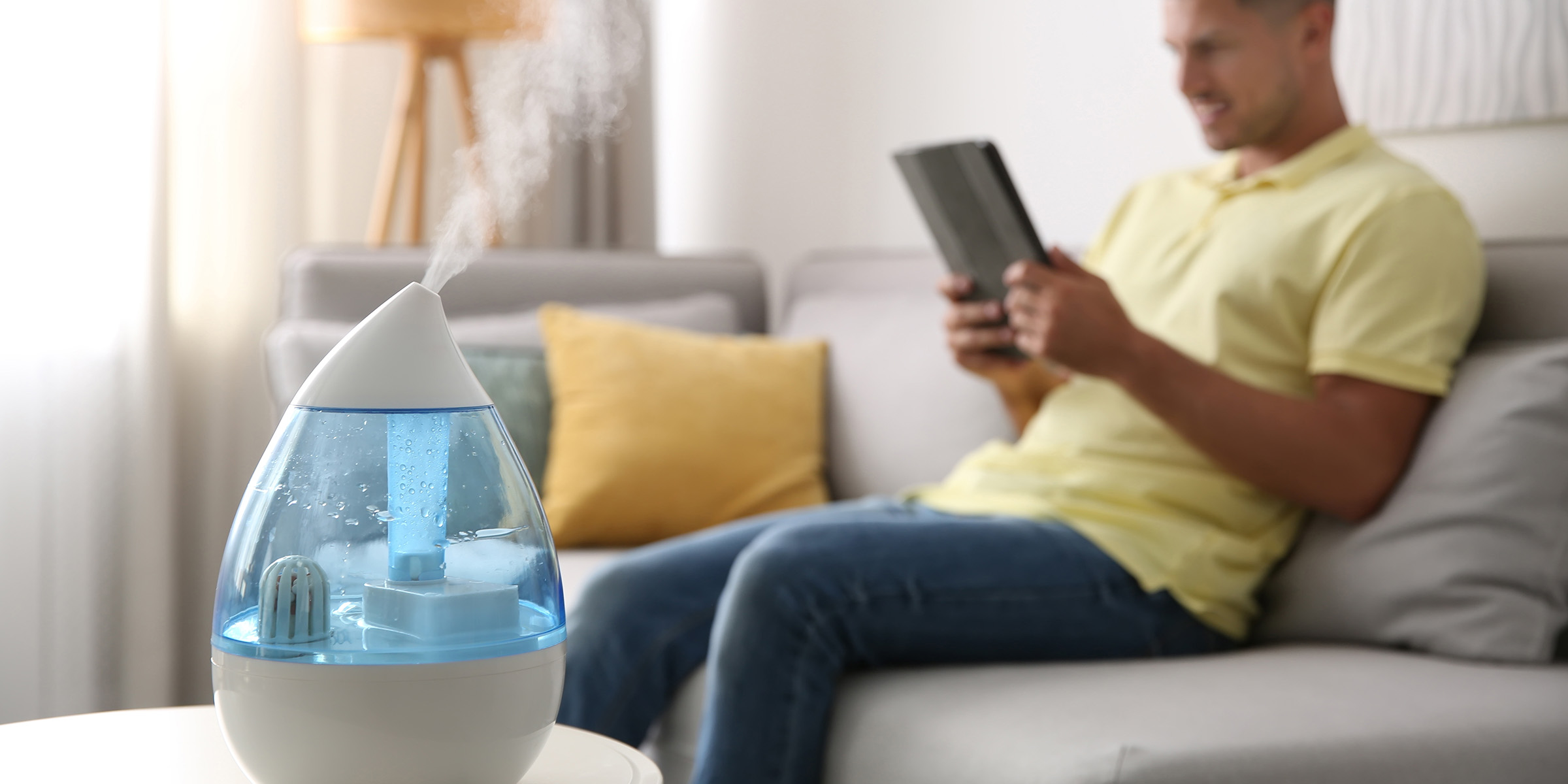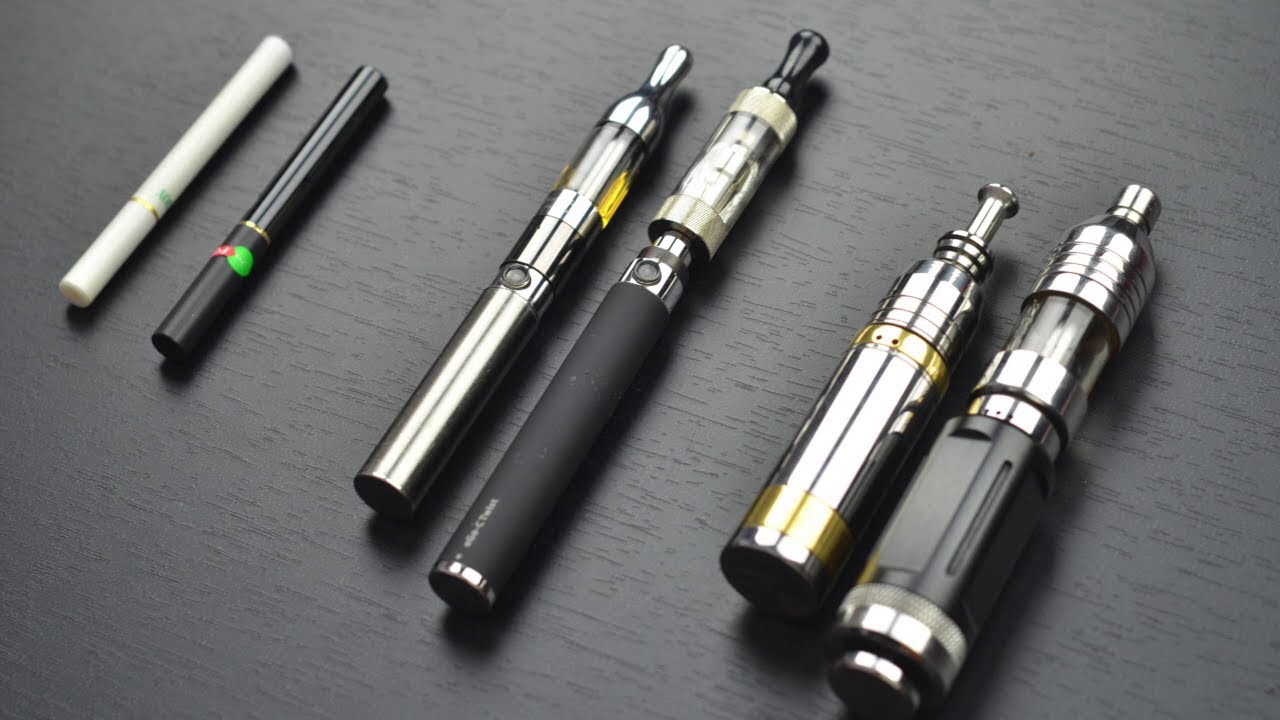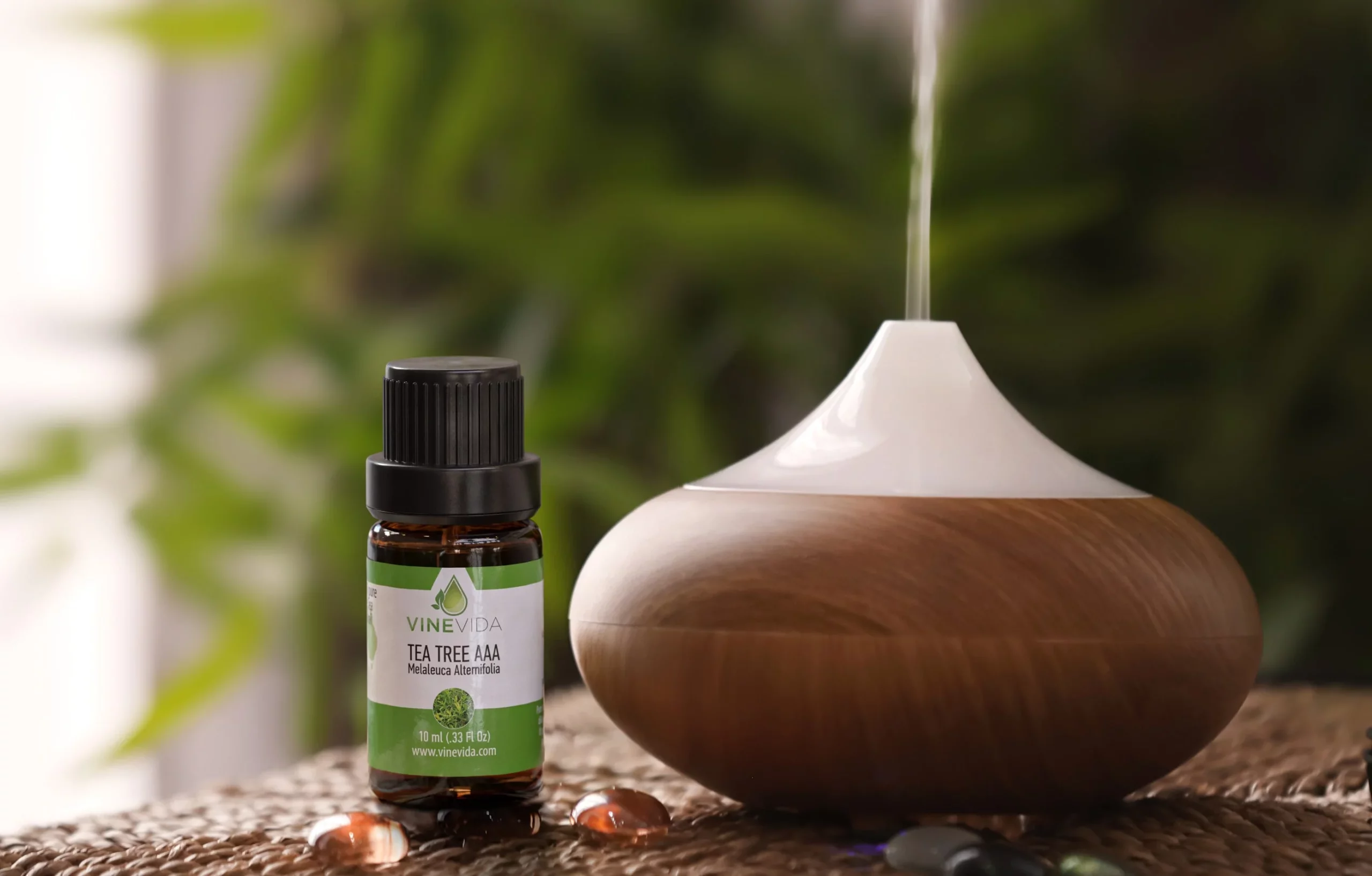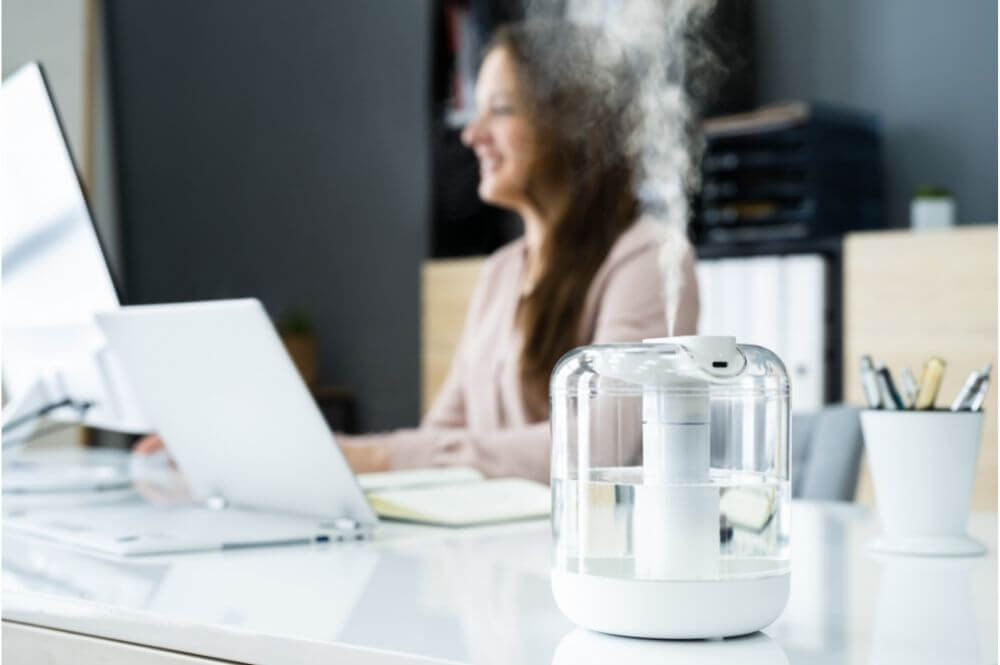Vaporizers are devices that can help ease your cough and make you feel better. But with so many types of vaporizers out there, how do you know which one is best for your cough? We’ll find the different types of vaporizers and help you figure out which one might be the best fit for you.
We’ll discuss the two main types of vaporizers: humidifiers and steam inhalers. We’ll also discuss some factors to consider when choosing a vaporizer, like size, ease of use, and price. And we will share some tips on using your Vicks plug-in vaporizer effectively to get the most relief from your cough.
We’ll make it easy to understand and help you on your way to a cough-free, comfortable day.
1. Humidifiers

Humidifiers are like air helpers in your home. They add moisture to the air, which is great if you’re coughing because the air is too dry. Dry air can make your throat scratchy and your cough worse, but humidifiers can fix that. There are two main types: warm mist and cool mist humidifiers. They both do their thing to make your indoor air just right. So, whether you like the warm, inviting feel or the refreshing coolness, humidifiers are here to make your air comfy and cough-free.
Warm Mist Humidifiers
These humidifiers are like a warm mist machine. They make warm mist, which is like a warm, cheerful hug for your throat when you have a cold or the flu. The warm mist opens up your nose and eases the scratchy feeling in your throat, making you feel comfy and warm. So, if you’re feeling sick, these warm mist humidifiers are your buddy for comfort. Let the warm mist do its thing, and you’ll return to feeling good in no time.
Cool Mist Humidifiers
Instead of hot steam, they release cool mist into your room. That’s good if you have kids or pets, as there’s no hot water to worry about. Whether it’s allergies or asthma-causing problems, cool mist humidifiers help. They add moisture to the air, making breathing easier and soothing scratchy throats. Think about on a hot summer day, you wouldn’t want to sit next to a hot radiator, right? That’s why cool mist humidifiers are your summer friends. They keep your room comfy without making it feel like a steam room. So, if you want a safe, cough-fighting, room-temperature helper for your home, a cool mist humidifier is the way to go. It’s a breath of fresh air, literally.
2. Steam Inhalers

Steam inhalers are warm and comfy for your breathing. They’re great when you’ve got a closed nose or bronchitis. With a steam inhaler, you breathe in warm steam with oils or medicine that helps clear your airways and calm your scratchy throat. It’s like a relaxing spa treatment for your breathing. Think about how You’ve got a stubborn cough, especially because of a closed nose or bronchitis. It’s simple and easy.
The warm steam makes breathing easier and calms your throat without any fancy things. So, if you’re struggling with a bothersome cough, especially one connected to a closed nose or bronchitis, give a steam inhaler a try. It’s a simple, natural way to find relief and feel better when you’re not at your best.
However, several apprehensions exist about whether the Vicks Plug-In is safe for your baby .
We have covered the importance and safety of Vicks Plug-in in our detailed guide; click on the link to find out.
3. Vaporizer Pens

Vaporizer pens, like e-cigarettes or vape pens, aren’t good for coughs. They’re a different kind of thing. Inhaling e-cigarette vapor can hurt your breathing and make your cough worse in the long run. So, it’s important to distinguish the vaporizers for cough relief from the ones for fun.
Cough relief vaporizers are made to help you when you have a cough or trouble breathing. They usually have things like menthol or natural herbs to calm your throat and make breathing easier when you’re sick. Conversely, vape pens are mainly for having a good time. They give you nicotine or flavored smoke.
Although they may look similar to cough relief vaporizers, they can be bad for you if you use them when you’re coughing or having breathing issues. To keep your lungs healthy, choose the right vaporizer, one for cough relief when you’re unwell and another for fun vaping if that’s what you’re into.
4. Essential Oil Diffusers

Essential oil diffusers are amazing machines that turn special oils into tiny, lovely-smelling drops in the air. They’re not just for coughs, but they can help when you’re dealing with one.
Some oils like eucalyptus, peppermint, and lavender are like nature’s cough helpers when you use them in diffusers. Think of it this way: when you’re coughing and feeling all close, these oils come to the rescue.
They calm your scratchy throat and help unblock your nose, making your cough less annoying. With a little help from these oils and your trusty diffuser, you can breathe easier and feel relaxed. Give it a try, and let nature’s power make your coughing days a bit better.
Conclusion
When it comes to finding the best vaporizer for a cough, it’s important to consider your specific needs. If you have a cough caused by respiratory issues or allergies, a cool-mist humidifier can help add moisture to the air and calm your throat.
If you’re looking for a portable option to ease coughing on the go, a handheld personal inhaler may be handy. It’s important always to follow the manufacturer’s instructions to ensure safe and effective use. Don’t forget that vaporizers can provide relief. They are not a replacement for medical advice.
Overall, the best vaporizer for cough depends on your unique situation, so consider your symptoms and preferences when choosing.
Be sure to check out these other posts for more fascinating insights:

